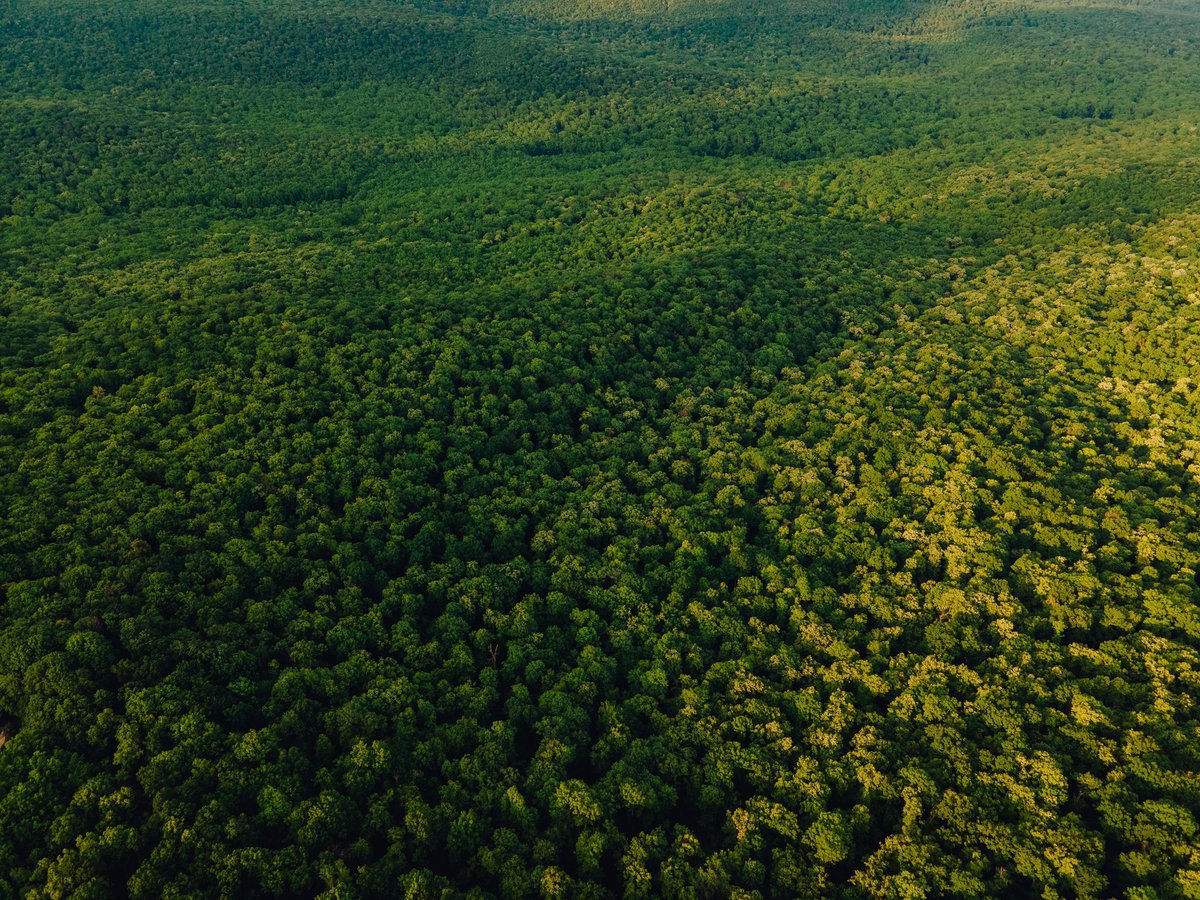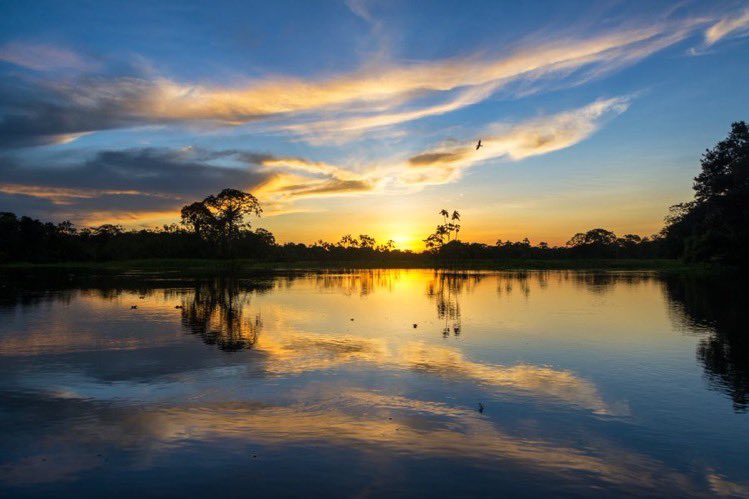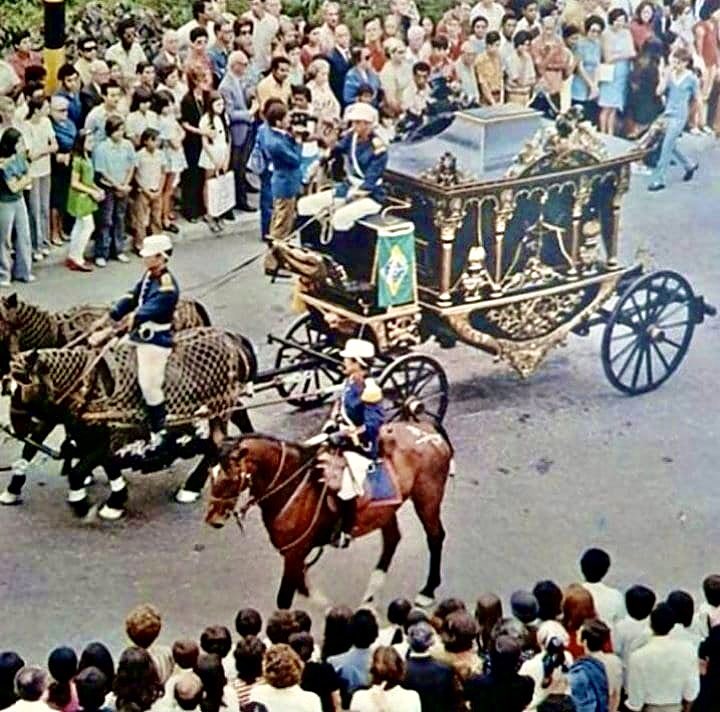We celebrate today (February 21) the legendary victory by the Brazilian Expeditionary Force in the Battle of Monte Castello in Italy 77 years ago, in which Brazilian troops defeated Nazi forces in the foothills of the Apennine Mountains and conquered Monte Castello. 

The Brazilian Expeditionary Forces, known as "the Smoking Snakes", was a military division of the Brazilian Army and Air Force that fought with Allied forces in World War II against Nazi Germany and Fascist Italy. It numbered 25,900 men and was very successful in the battlefield. 

Brazilian troops fought a key role in the liberation of Italy, capturing important positions in the Apennines Mountains and depriving the Germans of key artillery positions in the region, which opened the way to Bologna and to the Allied victory in Italy and in the Mediterranean. 

The Swedish band Sabaton has a song called "Smoking Snakes" about the Brazilian effort during WWII and especially about three Brazilian soldiers (Geraldo Baêta da Cruz, Arlindo Lúcio da Silva, e Geraldo Rodrigues de Souza) who didn't surrender and fought a full battalion alone. 
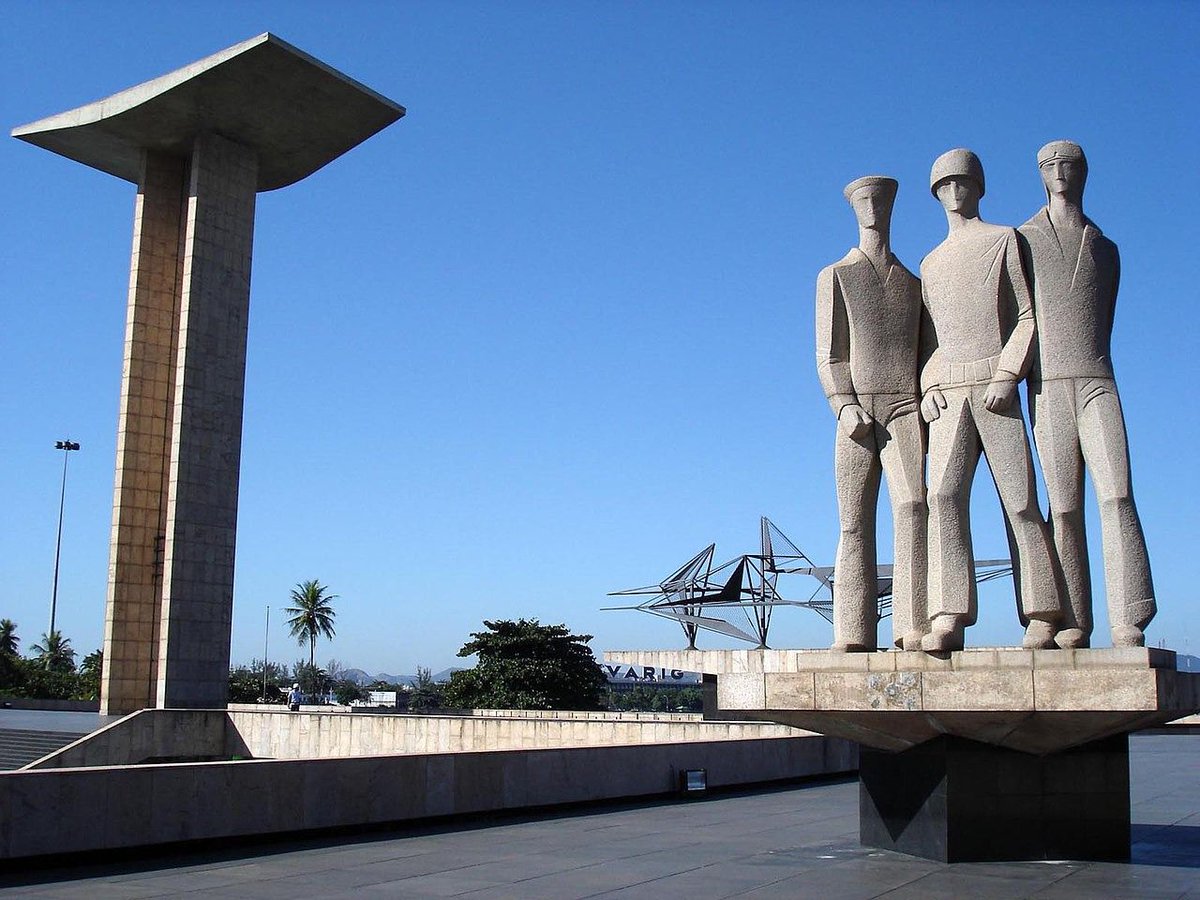
"Senta a Pua!" Brazilian 1st. Fighter Squadron’s emblem, also carried as nose art by its P-47 Thunderbolts. 
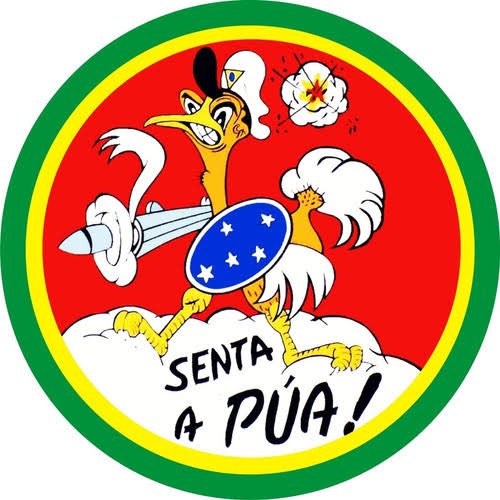
• • •
Missing some Tweet in this thread? You can try to
force a refresh









